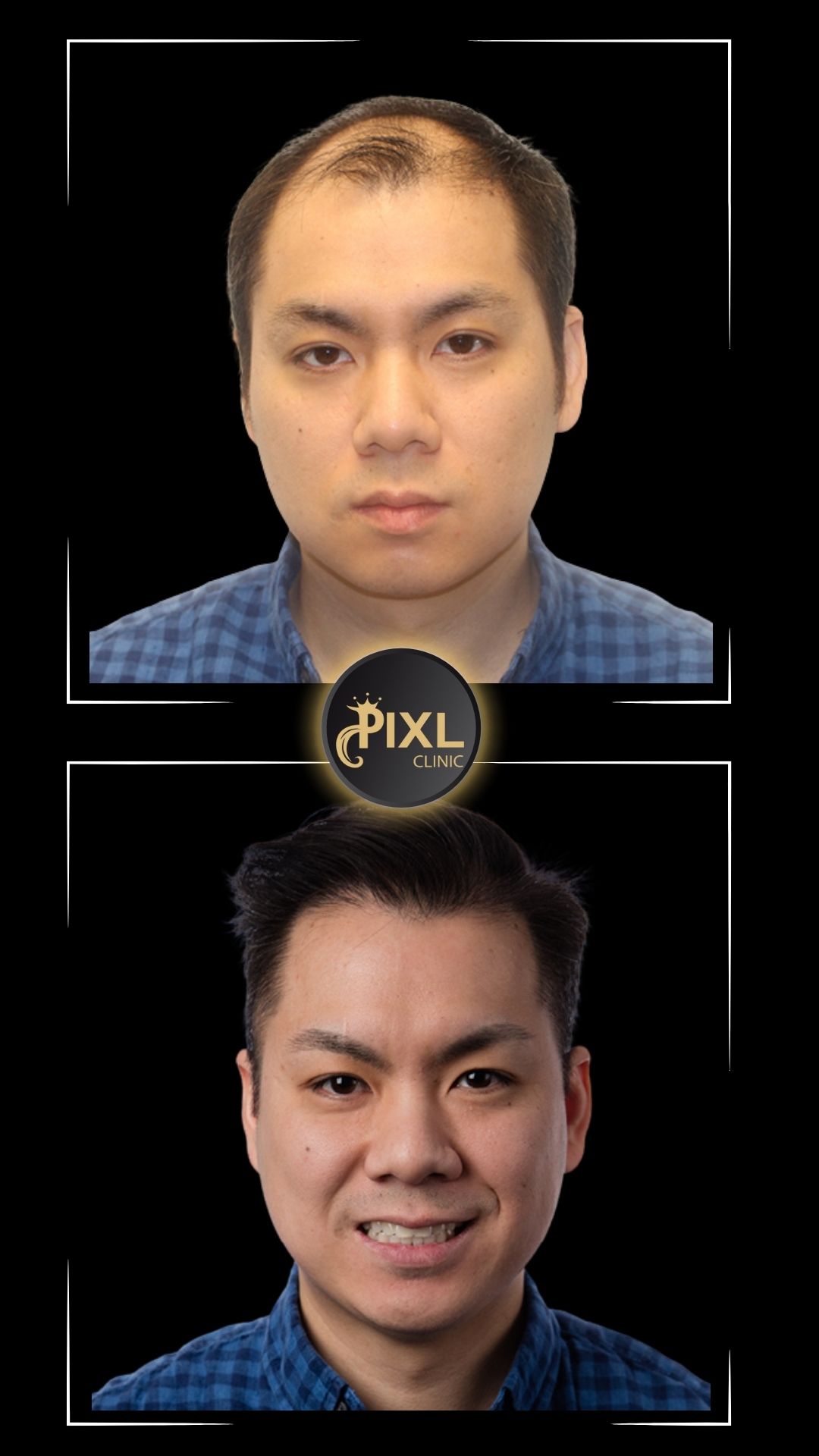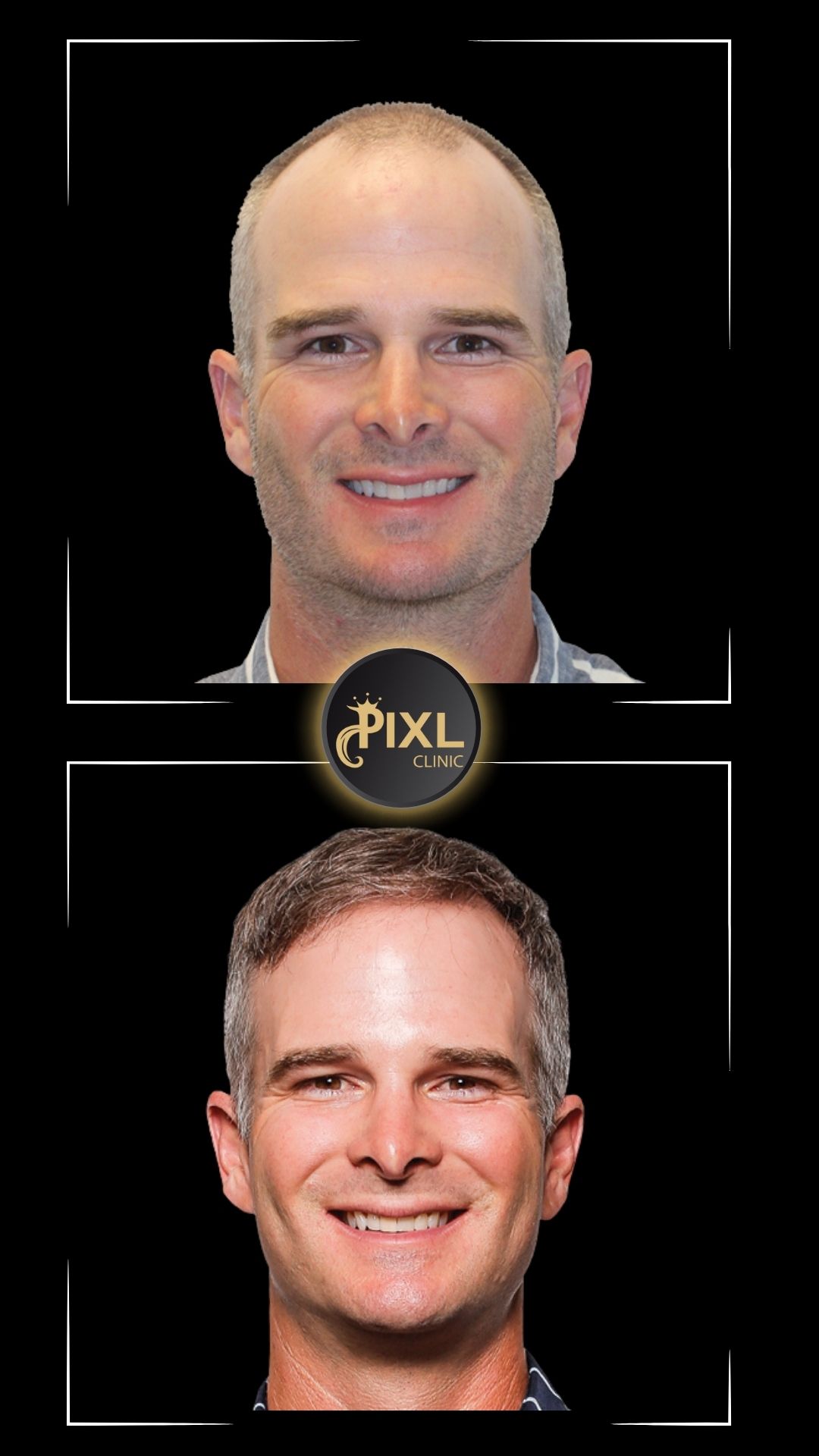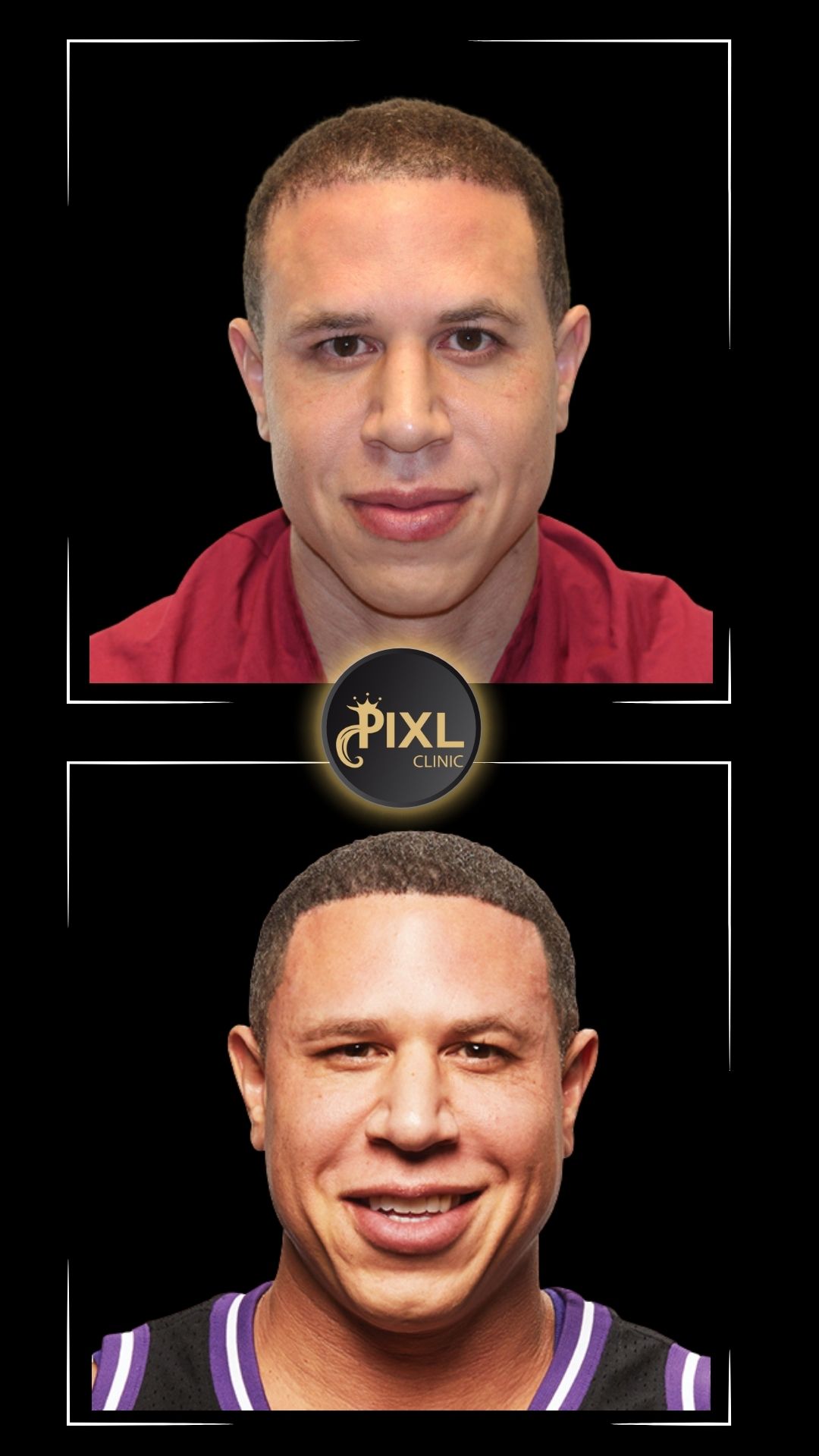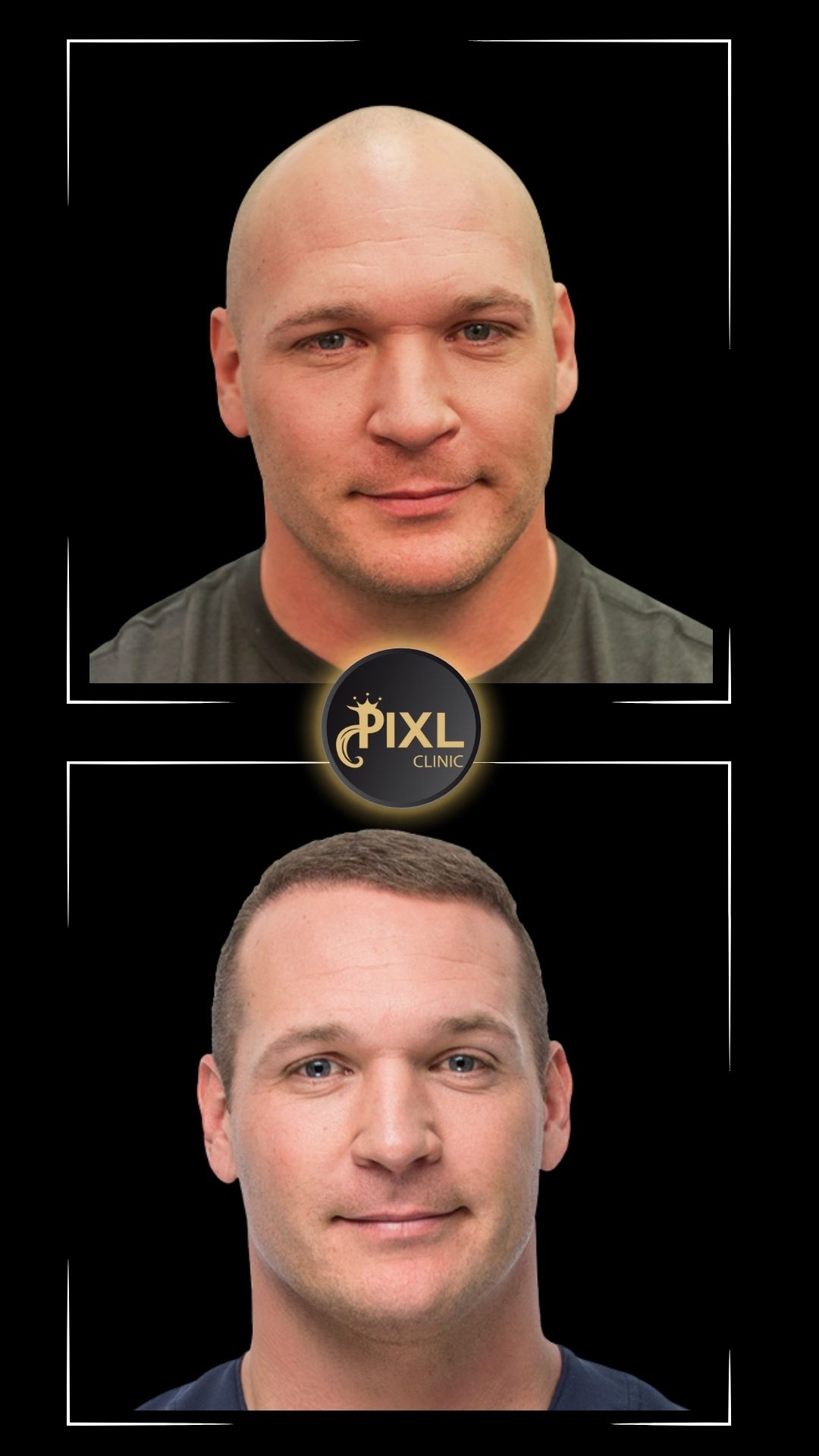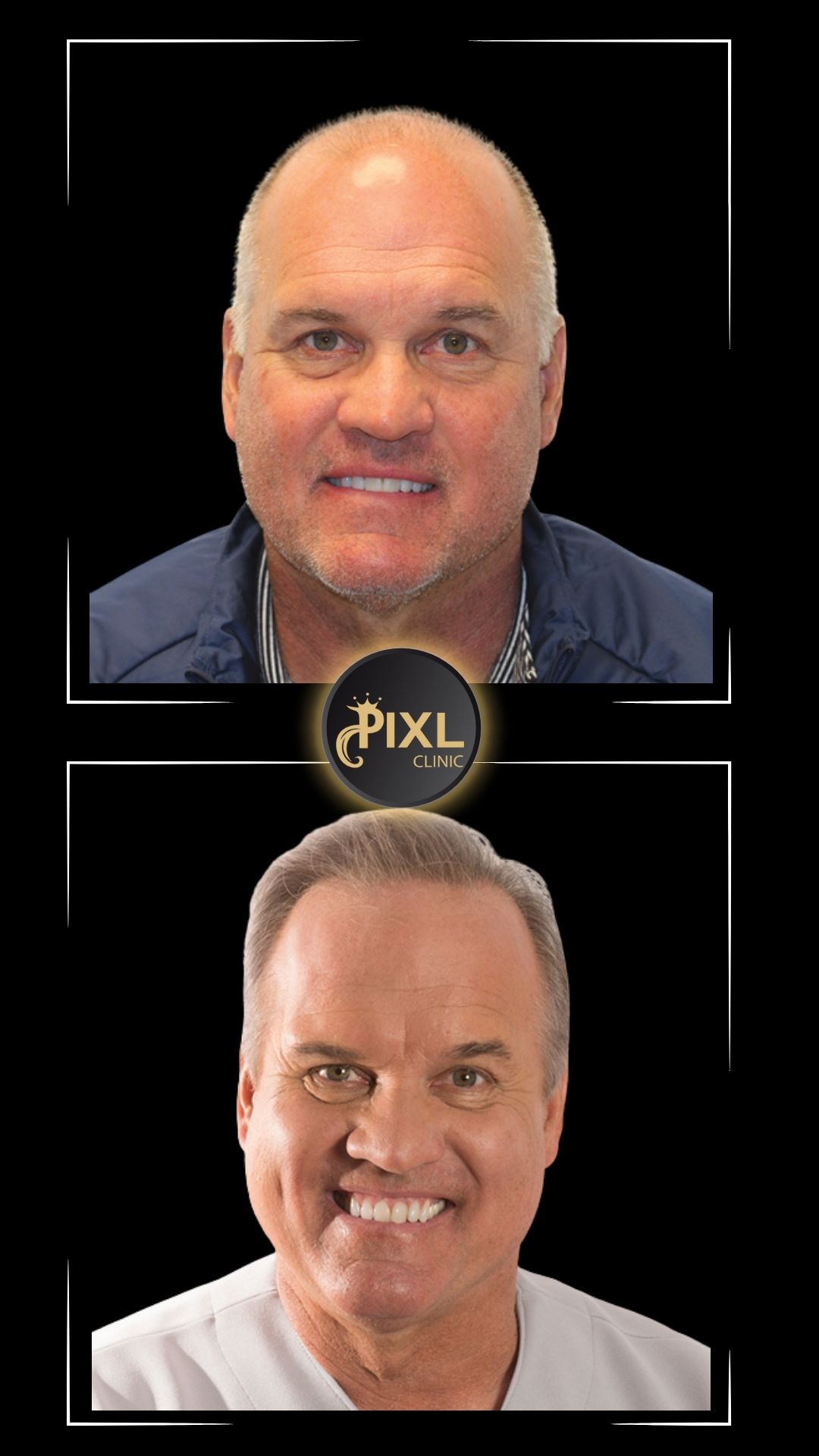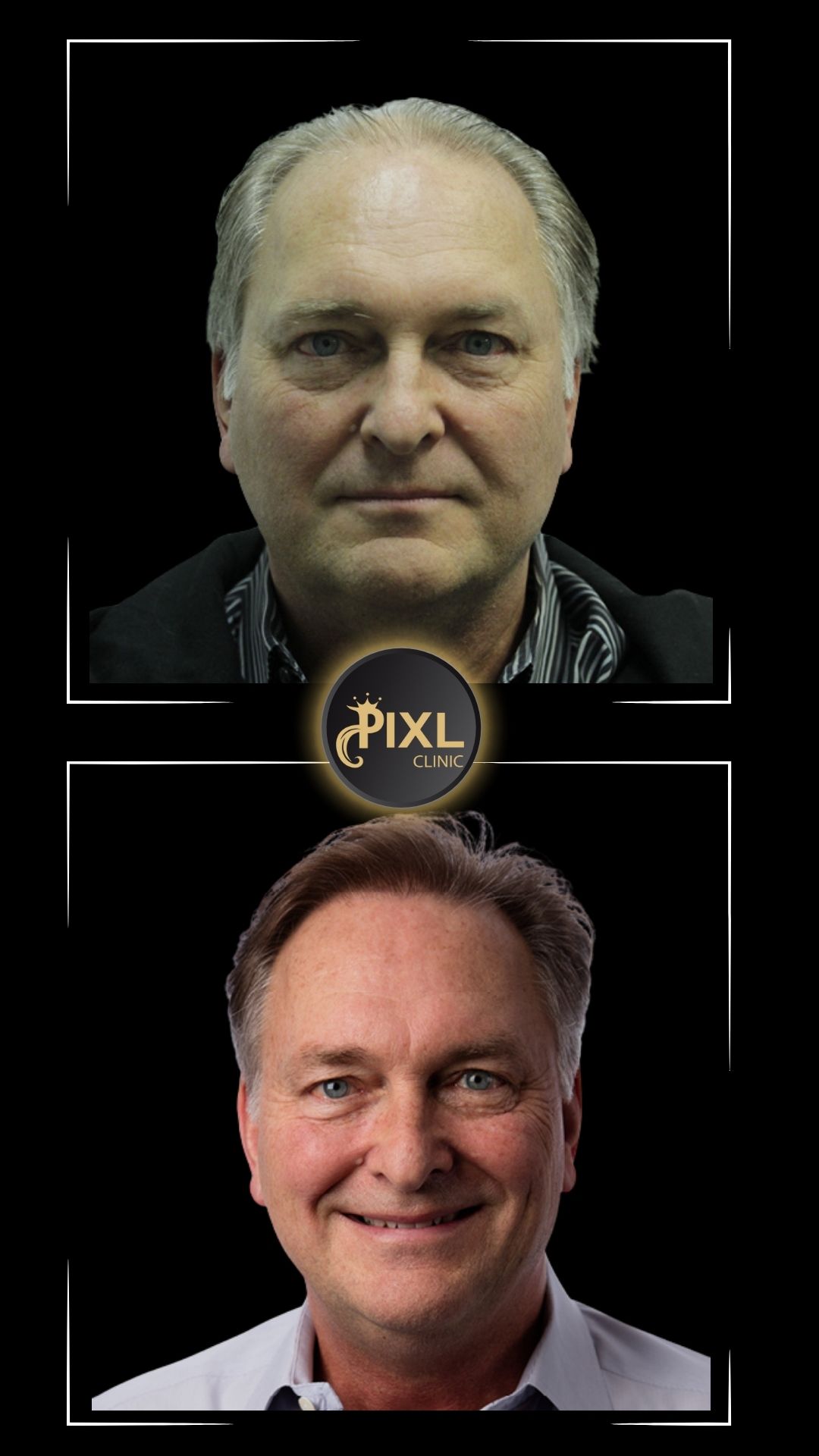At What Age Should I Get a Hair Transplant? A Guide to Making the Right Decision
Hair transplants have become an effective and popular solution for people experiencing hair loss. However, a common question among those considering the procedure is: “At what age should I get a hair transplant?” The answer isn’t one-size-fits-all and depends on various factors, including the cause and progression of your hair loss, your overall health, and your goals.
Understanding Hair Loss and Its Progression
Hair loss often progresses in stages, which is why timing is so important when considering a hair transplant. For many people, hair loss is caused by androgenetic alopecia (male or female pattern baldness), which tends to worsen with age.
- In Your 20s: Hair loss in your 20s is usually in the early stages. Getting a transplant too early may result in uneven hair patterns as natural hair loss continues.
- In Your 30s: By this age, hair loss patterns are often more predictable, making it a safer time for a transplant.
- In Your 40s and Beyond: Hair loss typically stabilizes, making this an excellent time for many individuals to undergo the procedure.
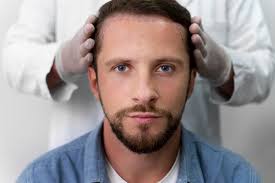
Factors to Consider When Deciding the Right Age
Stability of Hair Loss
- Why It Matters: Hair transplants relocate hair from a donor area to thinning or bald areas. If your hair loss continues after the procedure, it can lead to unnatural-looking results.
- Recommendation: Most surgeons recommend waiting until your hair loss stabilizes, which often happens in your late 20s or early 30s.
Cause of Hair Loss
- Male/Female Pattern Baldness: Ideal candidates are those with stabilized hair loss caused by androgenetic alopecia.
- Other Conditions: Hair loss caused by trauma, burns, or specific medical conditions can be addressed at any age, provided the scalp is healthy.
Personal Expectations
- Why It Matters: Hair transplants don’t stop future hair loss, so realistic expectations are crucial. Younger patients should be aware that additional procedures may be needed later as hair loss progresses.
Health and Hair Quality
- Donor Hair Availability: Sufficient and healthy donor hair is essential for a successful transplant.
- Overall Health: Good overall health ensures you’re a good candidate for surgery, regardless of age.
The Ideal Age for a Hair Transplant
- Under 25 Years Old: Not typically recommended unless the hair loss is due to trauma or medical conditions. Younger patients should explore non-surgical options like medications (Minoxidil, Finasteride) or Platelet-Rich Plasma (PRP) therapy to slow progression.
- 25–35 Years Old: This is often considered the best age range. By this time, hair loss patterns are more established, and surgeons can better predict the long-term outcome.
- 35–50 Years Old: Hair transplants in this range often yield excellent results as hair loss has usually stabilized.
- Over 50 Years Old: Age isn’t a barrier as long as you’re healthy and have enough donor hair.
When to Consider Alternatives
If you’re too young or your hair loss isn’t stable, consider these alternatives:
- Medications: Minoxidil and Finasteride can slow hair loss and promote regrowth.
- Non-Surgical Treatments: PRP therapy or low-level laser therapy can help maintain hair density.
- Scalp Micropigmentation (SMP): For those who prefer a non-surgical approach, SMP creates the illusion of a fuller head of hair.
What to Discuss with Your Surgeon
- Hair Loss History: Share your family history of hair loss and how your own hair loss has progressed.
- Long-Term Goals: Consider whether you’d be open to future procedures if needed.
- Realistic Expectations: Understand that a hair transplant may not restore a youthful hairline but can provide significant improvement.
- The best age for a hair transplant varies, but most experts recommend waiting until your late 20s or early 30s when hair loss stabilizes.
- Younger individuals may benefit from non-surgical treatments before committing to a transplant.
- As long as you’re healthy and have sufficient donor hair, there’s no upper age limit for a hair transplant.
By working with an experienced surgeon and carefully timing your procedure, you can achieve natural, long-lasting results and regain confidence in your appearance.
FAQ: At What Age Should I Get a Hair Transplant?
Is there a minimum age for getting a hair transplant?
There is no strict minimum age, but most surgeons recommend waiting until you’re at least 25 years old. Hair loss patterns are still developing in younger individuals, and a premature transplant could lead to unnatural results as hair loss progresses.
Why is it important to wait until hair loss stabilizes?
Hair transplants move hair from a donor area to balding or thinning areas. If your hair loss continues after the transplant, it could result in an uneven appearance, requiring additional procedures in the future.
What is the ideal age range for a hair transplant?
The ideal age range is typically 25 to 35 years old. By this time, hair loss patterns are more predictable, making it easier for surgeons to plan a long-term solution. However, successful transplants can also be performed later in life if the patient has sufficient donor hair.
Can I get a hair transplant if I’m over 50 years old?
Yes, age is not a barrier if you are in good overall health and have enough healthy donor hair. Many individuals over 50 achieve excellent results with a hair transplant.
Why are hair transplants not typically recommended for individuals under 25?
In younger patients, hair loss is often still progressing. Transplanting hair too early may lead to the need for additional procedures later, as new balding areas emerge.
Are there alternatives to hair transplants for younger individuals?
Yes, younger individuals or those with early-stage hair loss can consider:
- Medications: Minoxidil (Rogaine) and Finasteride (Propecia) to slow hair loss and promote regrowth.
- PRP Therapy: Platelet-Rich Plasma therapy to stimulate hair growth.
- Scalp Micropigmentation (SMP): A non-surgical option to create the appearance of thicker hair.
Does getting a hair transplant stop future hair loss?
No, a hair transplant does not stop future hair loss. Transplanted hair is permanent, but untreated areas of hair may continue to thin over time. Many patients use medications like Minoxidil or Finasteride post-transplant to maintain their existing hair.
How do I know if I’m ready for a hair transplant?
You might be ready if:
- Your hair loss has stabilized (often in your late 20s or 30s).
- You have realistic expectations about the results.
- You have sufficient donor hair for the procedure.
- You are in good overall health.
Can women get hair transplants, and is the ideal age the same?
Yes, women can also benefit from hair transplants. The ideal age for women depends on the cause and pattern of hair loss, but stabilization of hair loss is equally important.
What should I discuss with a surgeon before deciding on a transplant?
- Your age and stage of hair loss.
- Family history of hair loss.
- Long-term expectations and whether future procedures may be necessary.
- Non-surgical alternatives if your hair loss is still progressing.
What happens if I get a hair transplant too early?
Getting a transplant too early can lead to:
- Unnatural-looking results as surrounding hair continues to thin.
- The need for additional surgeries to correct uneven hair patterns.
- Wasted donor hair, which is a finite resource.
Is there an upper age limit for a hair transplant?
No, as long as you are healthy and have enough viable donor hair, age is not a limiting factor. Patients in their 50s, 60s, and beyond can still achieve excellent results.


